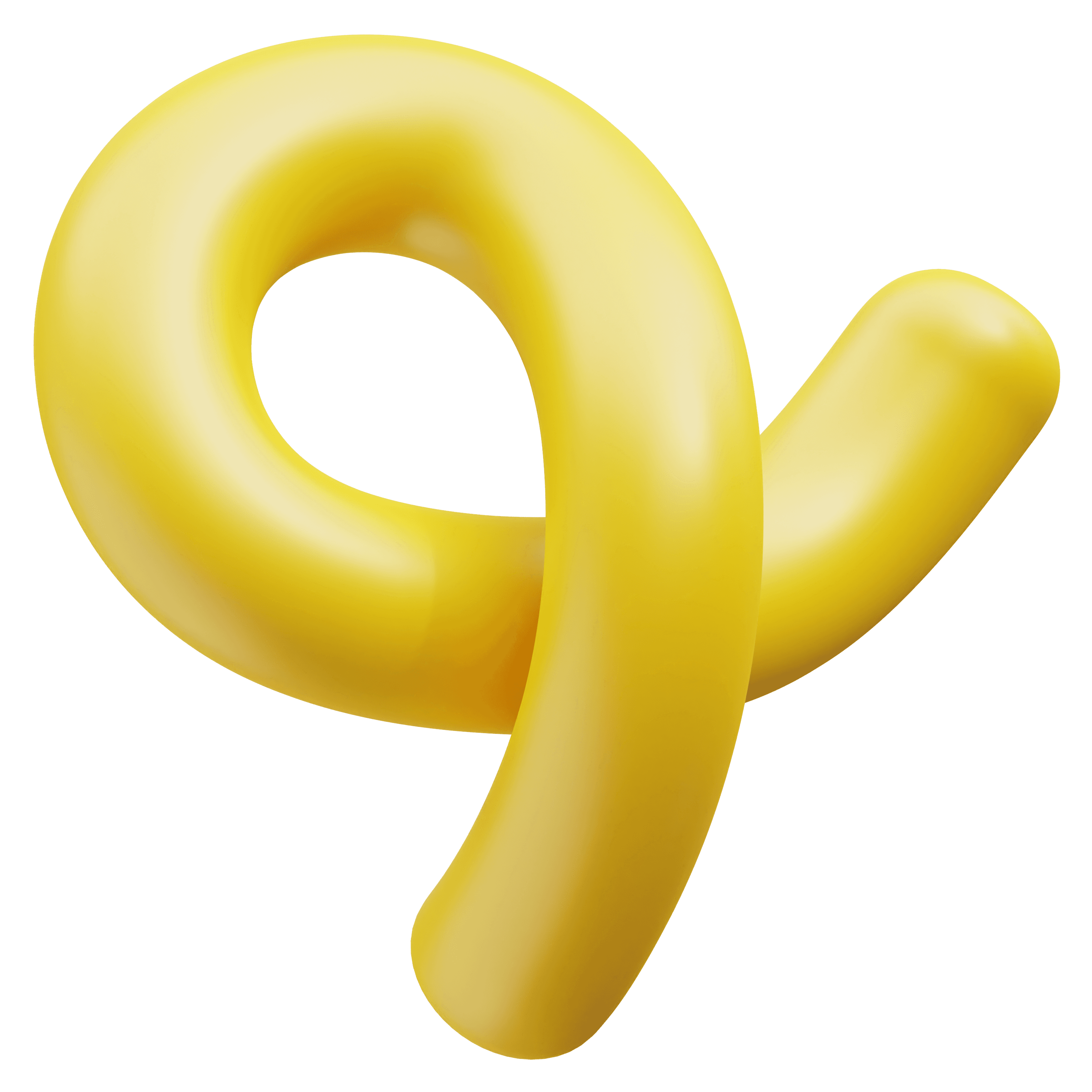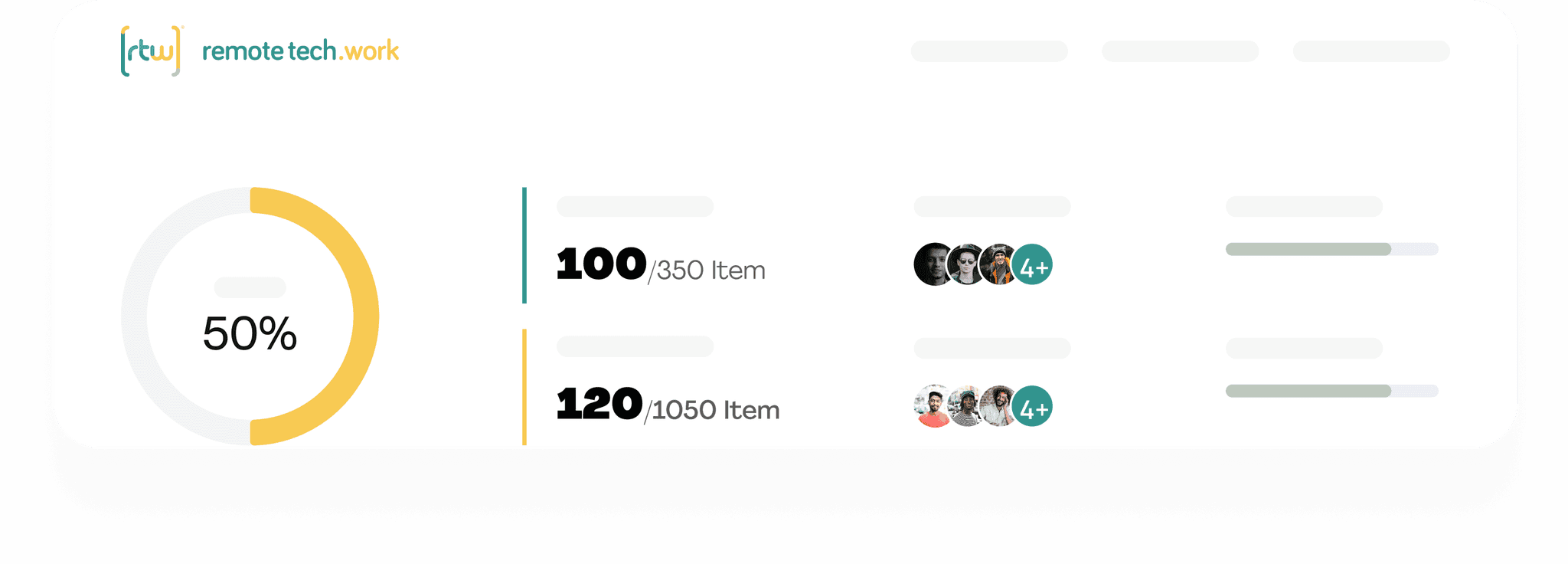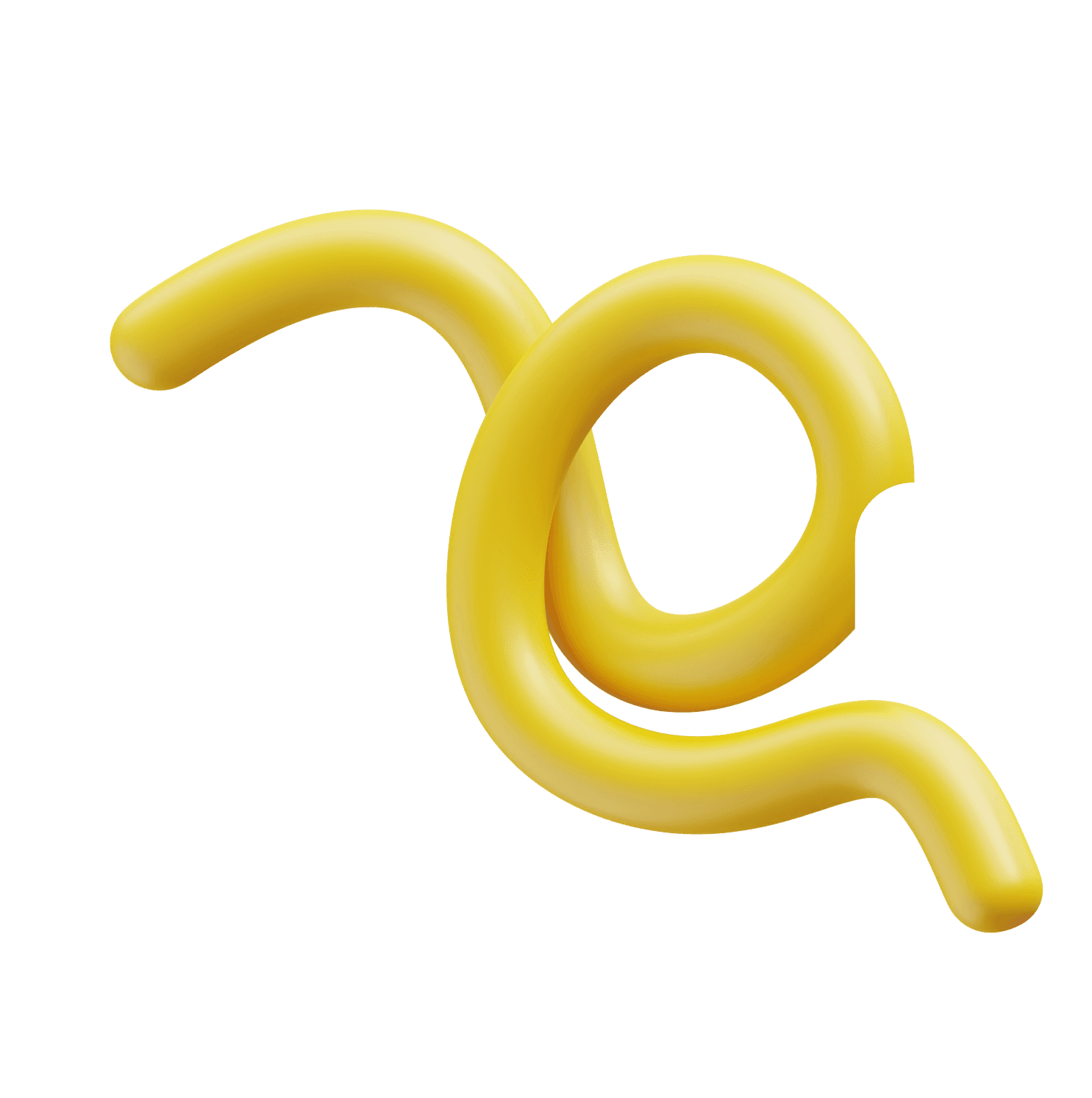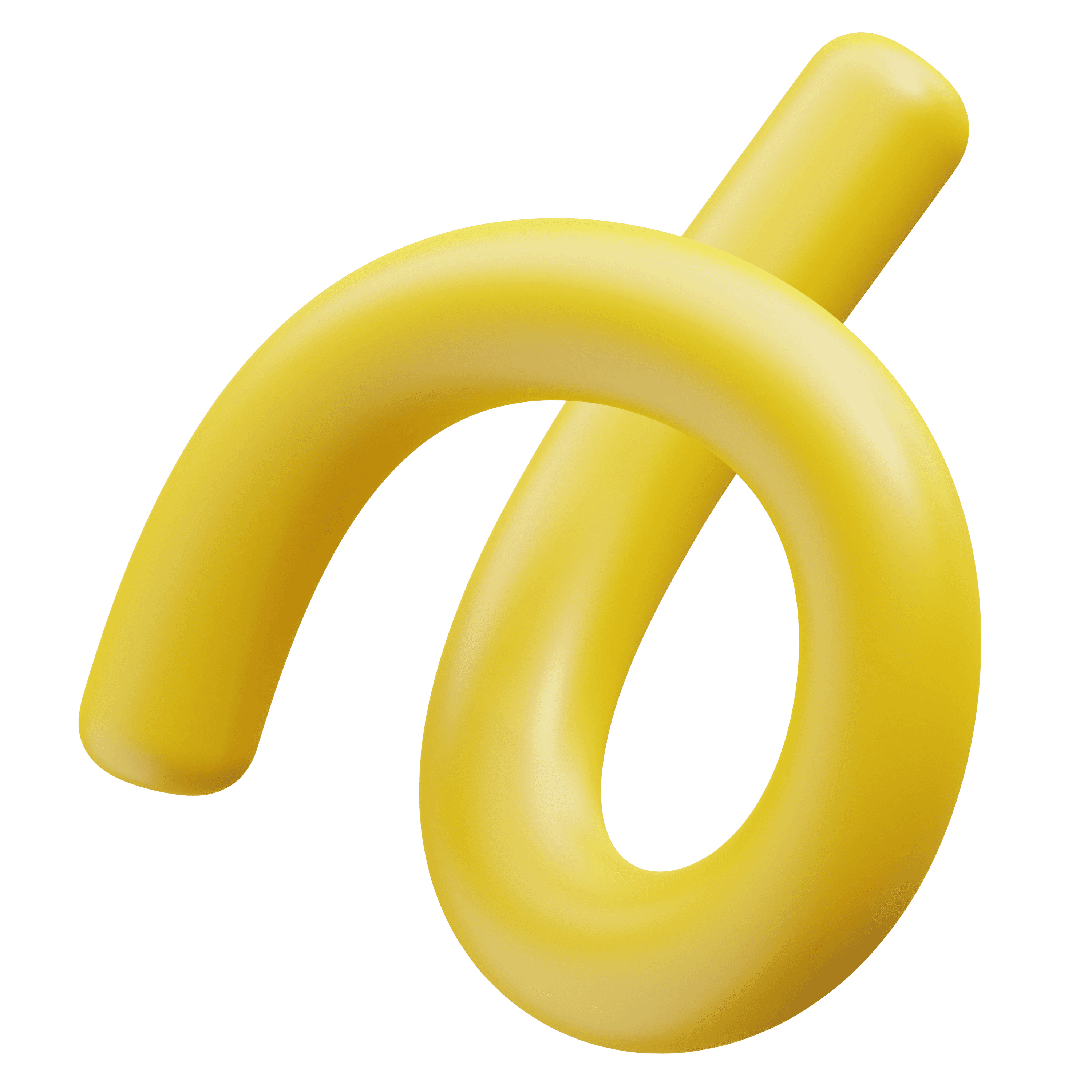DESCRIPTION
DESCRIPTION
DESCRIPTION
The .NET Framework, developed by Microsoft, is a robust and versatile software framework that offers a comprehensive platform for building and running various types of applications. It provides a rich set of libraries and tools for developing and executing Windows applications, web applications, web services, and more. The .NET Framework offers a common runtime environment known as the Common Language Runtime (CLR), which allows developers to write code in multiple programming languages, such as C#, Visual Basic, and F#, and execute them on Windows-based systems. This platform also includes the .NET Class Library, which offers pre-built classes and functions that simplify and expedite application development, covering a wide range of tasks from data manipulation to user interface design.
One of the distinguishing features of the .NET Framework is its emphasis on language interoperability, which allows developers to utilize components and code written in different .NET-supported languages within the same application. Additionally, it includes a comprehensive set of tools and technologies for creating modern, secure, and scalable applications, and it supports a wide array of application types, from desktop applications to cloud-based and mobile apps. Over the years, Microsoft has expanded the .NET ecosystem with the introduction of .NET Core, which is now part of the open-source .NET 5 and later, enhancing its cross-platform capabilities. The .NET Framework remains a key player in software development, and its evolution has paved the way for the development of modern, cross-platform applications using .NET technologies.
The .NET Framework, developed by Microsoft, is a robust and versatile software framework that offers a comprehensive platform for building and running various types of applications. It provides a rich set of libraries and tools for developing and executing Windows applications, web applications, web services, and more. The .NET Framework offers a common runtime environment known as the Common Language Runtime (CLR), which allows developers to write code in multiple programming languages, such as C#, Visual Basic, and F#, and execute them on Windows-based systems. This platform also includes the .NET Class Library, which offers pre-built classes and functions that simplify and expedite application development, covering a wide range of tasks from data manipulation to user interface design.
One of the distinguishing features of the .NET Framework is its emphasis on language interoperability, which allows developers to utilize components and code written in different .NET-supported languages within the same application. Additionally, it includes a comprehensive set of tools and technologies for creating modern, secure, and scalable applications, and it supports a wide array of application types, from desktop applications to cloud-based and mobile apps. Over the years, Microsoft has expanded the .NET ecosystem with the introduction of .NET Core, which is now part of the open-source .NET 5 and later, enhancing its cross-platform capabilities. The .NET Framework remains a key player in software development, and its evolution has paved the way for the development of modern, cross-platform applications using .NET technologies.
Recommended Skills
Recommended Skills
Recommended Skills
A .NET Framework developer should possess a combination of technical and soft skills to excel in software development using the .NET ecosystem. Here's a list of key skills and knowledge areas for a .NET Framework developer:
Proficiency in .NET languages: A strong understanding of .NET languages like C#, VB.NET, or F# and knowledge of their features, syntax, and best practices.
.NET Framework and .NET Core: Familiarity with the .NET Framework and .NET Core (now part of .NET 5 and later) for building applications on Windows and cross-platform environments.
Visual Studio: Experience with Microsoft Visual Studio, the integrated development environment (IDE) commonly used for .NET development.
ASP.NET: Knowledge of ASP.NET for building web applications and web services, including ASP.NET MVC and ASP.NET Web API.
Entity Framework: Understanding of Entity Framework for object-relational mapping (ORM) to interact with databases.
Web technologies: Proficiency in web technologies such as HTML, CSS, JavaScript, and modern front-end frameworks like Angular or React.
Web services: Experience in creating and consuming web services, including RESTful and SOAP-based services.
A .NET Framework developer should possess a combination of technical and soft skills to excel in software development using the .NET ecosystem. Here's a list of key skills and knowledge areas for a .NET Framework developer:
Proficiency in .NET languages: A strong understanding of .NET languages like C#, VB.NET, or F# and knowledge of their features, syntax, and best practices.
.NET Framework and .NET Core: Familiarity with the .NET Framework and .NET Core (now part of .NET 5 and later) for building applications on Windows and cross-platform environments.
Visual Studio: Experience with Microsoft Visual Studio, the integrated development environment (IDE) commonly used for .NET development.
ASP.NET: Knowledge of ASP.NET for building web applications and web services, including ASP.NET MVC and ASP.NET Web API.
Entity Framework: Understanding of Entity Framework for object-relational mapping (ORM) to interact with databases.
Web technologies: Proficiency in web technologies such as HTML, CSS, JavaScript, and modern front-end frameworks like Angular or React.
Web services: Experience in creating and consuming web services, including RESTful and SOAP-based services.
Our Talent Acquisition Process
Our Talent Acquisition Process
Our Talent Acquisition Process
We will walk you through our process during the days/weeks according to your agenda availability. Feedback will be present whether we move forward or not with your application. There are, in general, a challenge (60’ average each), two calls (45’ average each), and a Tech Interview for you to reach the final Offer Call.
We will walk you through our process during the days/weeks according to your agenda availability. Feedback will be present whether we move forward or not with your application. There are, in general, a challenge (60’ average each), two calls (45’ average each), and a Tech Interview for you to reach the final Offer Call.






HOW TO
GET STARTED
Sign up for our developer platform to begin working remotely
DEVELOPMENT
SOFTWARE
Remote Tech Work Ltd is a company registered in England and Wales (No.16127490).
Our address is Orion House Office 774, Bessemer Road, Welwyn Garden City, AL7 1HH. 2025
Remote Tech Work. All right reserved.
DEVELOPMENT
SOFTWARE
Remote Tech Work Ltd is a company registered in England and Wales (No.16127490).
Our address is Orion House Office 774, Bessemer Road, Welwyn Garden City, AL7 1HH. 2025
Remote Tech Work. All right reserved.
DEVELOPMENT
SOFTWARE
Remote Tech Work Ltd is a company registered in England and Wales (No.16127490).
Our address is Orion House Office 774, Bessemer Road, Welwyn Garden City, AL7 1HH. 2025
Remote Tech Work. All right reserved.
DEVELOPMENT
SOFTWARE
Remote Tech Work Ltd is a company registered in England and Wales (No.16127490).
Our address is Orion House Office 774, Bessemer Road, Welwyn Garden City, AL7 1HH. 2025
Remote Tech Work. All right reserved.
DEVELOPMENT
SOFTWARE
Remote Tech Work Ltd is a company registered in England and Wales (No.16127490).
Our address is Orion House Office 774, Bessemer Road, Welwyn Garden City, AL7 1HH. 2025
Remote Tech Work. All right reserved.

